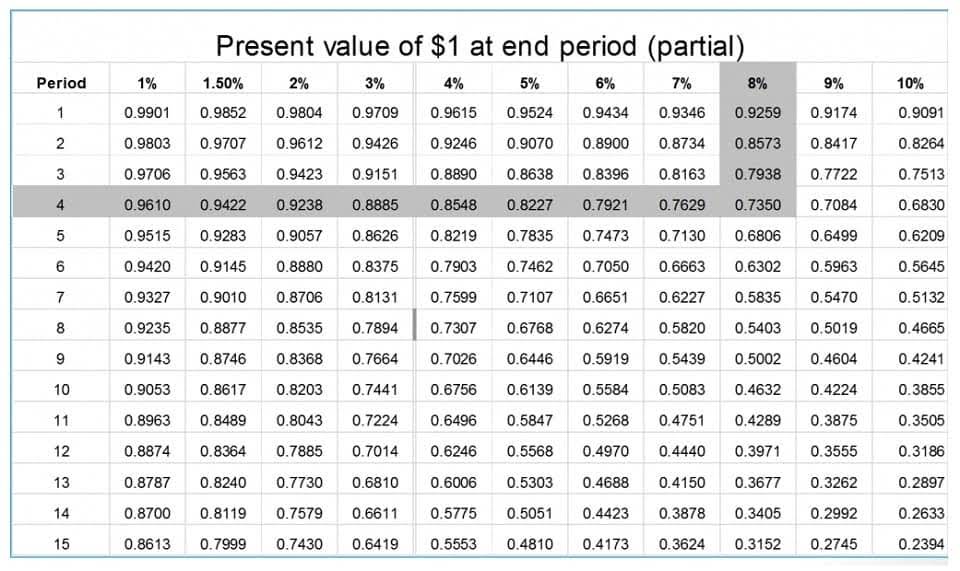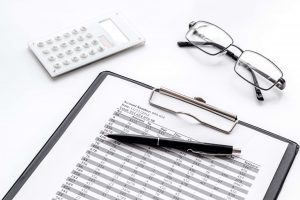The Basics of Self-Employed Bookkeeping: The Ultimate Guide for Freelancers, Sole Traders and Solo Entrepreneurs
Etibarlı PinUp – Casino mərc saytı
August 7, 2024İstanbul’da polis Mansimov için yasa dışı dinleme yapmış!
August 7, 2024
As a sole trader, it’s essential to write off bad debts correctly to maintain accurate financial reporting and properly manage inventory as a sole trader. Credit cards can be an essential tool for sole traders looking to manage inventory or make purchases for their businesses efficiently. The credit card reconciliation process is similar but requires some additional steps compared to reconciling bank accounts. Monitoring cash inflows and outflows ensures that all transactions are accurately recorded, while budgeting helps plan for future expenses. By staying ledger account up-to-date with all financial data, sole traders can make informed decisions about investments or other financial commitments.

Best self-employed accounting software: our top picks
- Classify every item into relevant reporting groups like cost of goods sold, overheads, direct costs etc.
- The primary distinction between single and double-entry bookkeeping lies in the frequency of transaction recording.
- Each payment is equal to half the amount of tax you owe for the previous tax year.
- As a sole trader, it is important to keep accurate records of all financial transactions.
- These terms are often used interchangeably to describe individuals who work for themselves but there is a difference.
- If bookkeeping tasks take up too much time or you’re not confident in managing your finances, it may be time to hire an accountant.
Maintaining good records also facilitates filing tax returns accurately and promptly without being subjected to penalties or interest payments due to incorrect filing. It also aids in identifying trends that influence long-term profitability by recognizing where potential losses occur so you can take necessary corrective actions like write off bad debt. You are responsible for every aspect of the enterprise, from managing inventory to reconciling bank accounts. Freshbooks offers some of the best invoice and estimate creation tools around, and all its plans include advanced features like time tracking, mileage tracking, and MTD VAT support. As long as you can stay within the five billable clients per month limit (or can afford to upgrade), then it could be the perfect self-employed accounting software for your business. Designed to make a sole trader’s financial management simpler, Countingup has automatic expense categorisation to help you keep an accurate, digital record of your business expenses.
- And because each time you add a new supplier to the system you’ll be making note of their full contact details, you don’t have to worry about keeping an address book up to date.
- This simple step will ensure that you’re in a good position to start the next financial year running.
- You can choose to do your bookkeeping manually using pen and paper or a spreadsheet, or you can use specialised software to automate the process.
- For good self-employed bookkeeping it’s important to understand the basics of self-employment taxes and deductions.
- This includes managing invoices and receipts, tracking income and expenses, and monitoring bank transactions.
- You should also think about how much you’ll actually use advanced features like time tracking, or being able to submit your expenses just by snapping a receipt with your smartphone.
- This includes keeping track of income and expenses, reconciling bank accounts, and maintaining up-to-date financial statements such as profit and loss statements.
Products and Services

For more information on how Sage uses and looks after your personal data and the data protection rights you have, please read our Privacy Policy. However, accounting is one that you shouldn’t scrimp on as any inaccuracy or failure to register correct tax information can have repercussions for you personally. So, starting now will give you plenty of time to get used to the process before it becomes mandatory. From April 2026, the government will introduce Making Tax Digital for Income Tax Self Assessment, where accounting must be done using cloud-based software.

Sage Business Cloud Accounting for customer service excellence:
These are called accruals and also include supplier bills received but not yet settled . This means that your year-end date captures the full picture of your business finances. If your business sells products, you can connect your e-commerce or stock software to sync items, SKUs and stock levels with your accounting solution every time purchase is made automatically.
Tracking Inventory
Without a good system in place, these tasks will eat up precious time you could otherwise spend on other aspects of your business. Countingup automates these manual accounting tasks so you can focus on selling more products or getting more clients instead. At Crunch we provide affordable cutting-edge, easy-to-use software with real human support from expert chartered accountants. Deductible expenses can significantly reduce taxable income, and familiarising yourself with them will help you make accurate entries into your books.
Business Tax
An accountant is more focused on finding tax-savings and obtaining revenue via tax-reliefs/rebates. And preparing financial statements, filing tax returns and dealing with HMRC sole trader accounting regarding any tax issues. If you are a sole trader and your turnover is below the VAT threshold, you are not required to comply with MTD for VAT. However, it is still a good idea to keep digital records and use digital accounting software to make your bookkeeping easier and more efficient. There are several options available, such as QuickBooks, Xero, and Sage Accounting Software.

What are common mistakes sole traders must avoid when it comes to bookkeeping?
Everything is laid out clearly, and the white, blue, grey, and light green pastel colours it uses are calming. This is important, given that you’ll be checking your accounting software a lot as you run your self-employed business. Our expert researchers determined that the best accounting software for self-employed https://www.bookstime.com/ individuals is QuickBooks, thanks to its intuitive interface and simple templates to help you process common tasks.
Keeping accurate business records is important because it helps to track business performance which can in turn aid decision-making on where to invest your time and money. At public or private limited companies, income tax is automatically deducted from an employee’s paycheque. A sole trader must fill out and submit a self-assessment tax return at the end of every tax year. If you have not done this before, you will need to register for a self-assessment tax return on the government website at least 20 business days before your tax deadlines. Analysing financial ratios can provide valuable insights into the performance of your business.
To calculate your Class 4 NICs, you need to know your total profits for the tax year. You can then use the HMRC’s online calculator to work out how much you need to pay. A reader asks how they can easily manage cash flow in their property business which is seasonal. If you decide you want to get a bookkeeper or accountant to help, make sure you don’t just go for the cheapest option. Do some research, make sure they’re qualified, look at reviews, ask for recommendations and speak to them in person.
